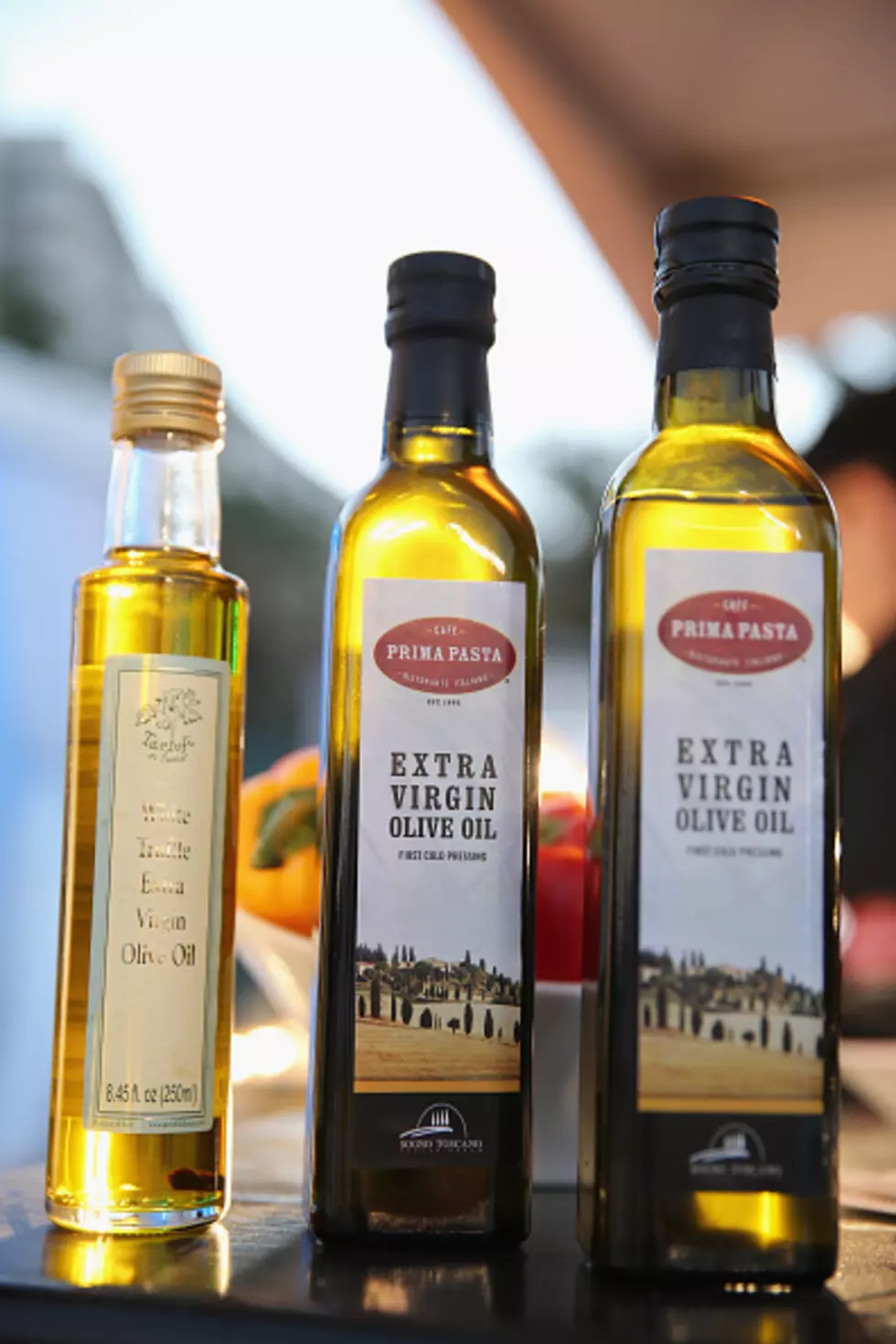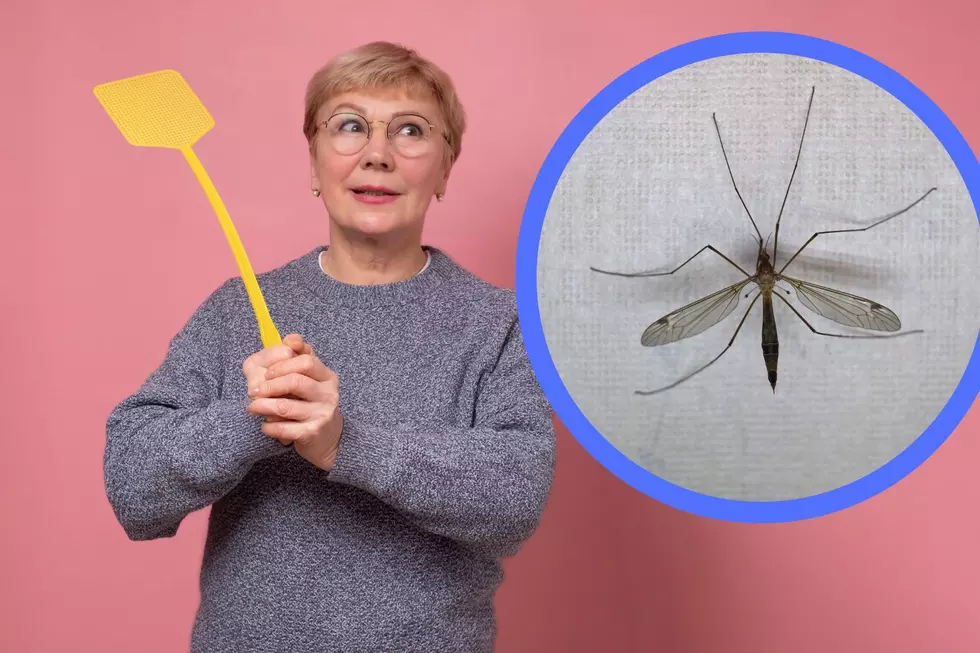
UPDATE: Fake Olive Oil? There’s No Such Thing
It was recently brought to my attention that a lot of the information I’d read/gathered on this topic were either outdated, and/or false.
Listed below are reasons for the misinformation that was given in a previous blog on September 28, 2016. Thanks to an email I received from the North American Olive Oil Association, I can now provide you with factual information on the matter.
As previously stated, according to two recent studies, over 69 percent of all olive oil on USA store shelves is fake.
According to the email I received, this information was false and here's why:
-These reports are now more than five years old.
-The UC Davis report said that two-thirds of samples labeled as extra virgin did not meet sensory standards (taste testing), which is a subjective measure. However, chemical laboratory testing – an objective measure – is the only accurate way to determine whether an oil has been adulterated (i.e., contains lower-grade olive oils or seed or vegetable oil). The samples passed the chemical purity standards.
-Class action attorneys have attempted to reproduce the UC Davis results and failed, finding that “replicating the UC Davis tests proved impossible.” These attorneys had a strong financial interest to see those test results successfully reproduced, but couldn’t do it.
-The UC Davis report was funded by California olive oil producers and companies, which have a financial interest in increasing market share and tarnishing the reputation of imported oils.
-The UC Davis sample size was very small and only from California supermarkets.
-Since the early 1990s, the NAOOA has been testing hundreds of bottles of olive oil each year collected from supermarkets in the U.S. and Canada. Our testing conforms to the standards set by the International Olive Council, the organization chartered by the United Nations to oversee the production and quality of olive oil around the world. The test results consistently show that more than 98 percent of the olive oils available in U.S. supermarkets are authentic and NOT adulterated with lower-grade olive oils or seed or vegetable oil.
-Our NAOOA Certified Quality Seal Program goes even further by submitting products for testing more frequently and by including organoleptic (sensory) analysis.
-One key difference with the NAOOA Certified Quality Seal and other programs is that brands participating in this program agree to have samples taken directly from the retail marketplace, in the same manner any consumer would purchase them.
The Brands that failed? Bertolli, Carapelli, Colavita, Star, Filippo Berio, Mazzola, Mezzetta, and Pompeian, all hail from Italy. They are the top selling, and a couple of cases, most expensive brands on most grocery store shelves here in the US.
The brands that tested as “most pure,” California Olive Ranch, Cobram Estate, Lucini. Kirkland Organic, Lucero (Ascolano), and McEvoy Ranch Organic, tend to be from California or Australia.
This too was false:
-Again, the reports were funded by California olive oil producers and companies, which have a financial interest in increasing market share and tarnishing the reputation of imported oils.
-Again, the UC Davis report said the samples did not meet sensory standards (taste testing), which is a subjective measure. The samples passed the laboratory purity tests – objective measures – which is the only accurate way to determine whether an oil has been adulterated.
-The reports were developed with assistance from the Australian olive oil industry, including the use of Australian laboratories and taste panels for the testing. Cobram Estate brand is from Australia.
If you need more information, please click HERE.
More From 106.9 KROC-FM






